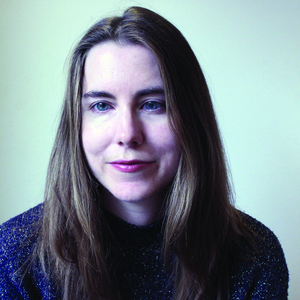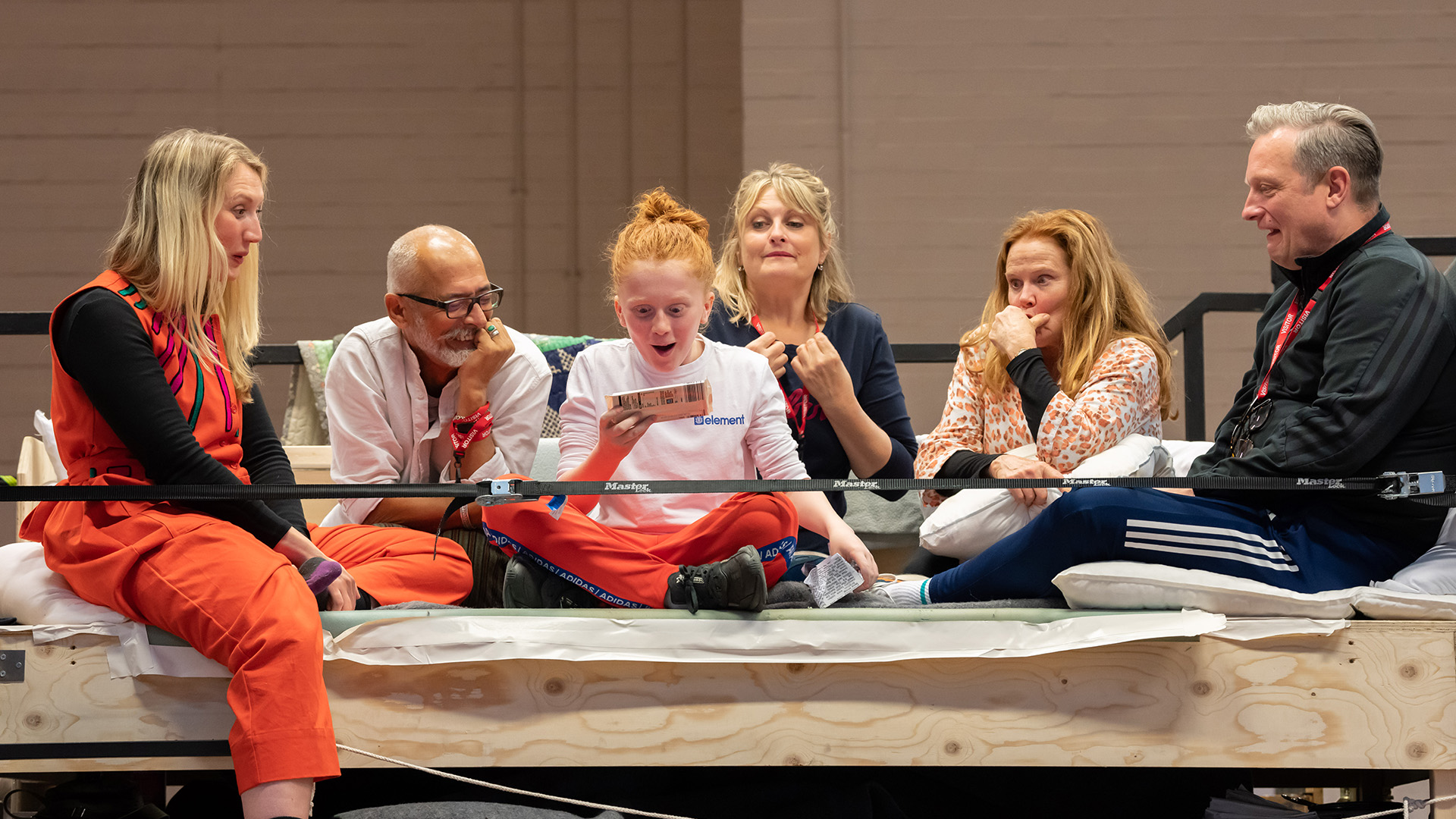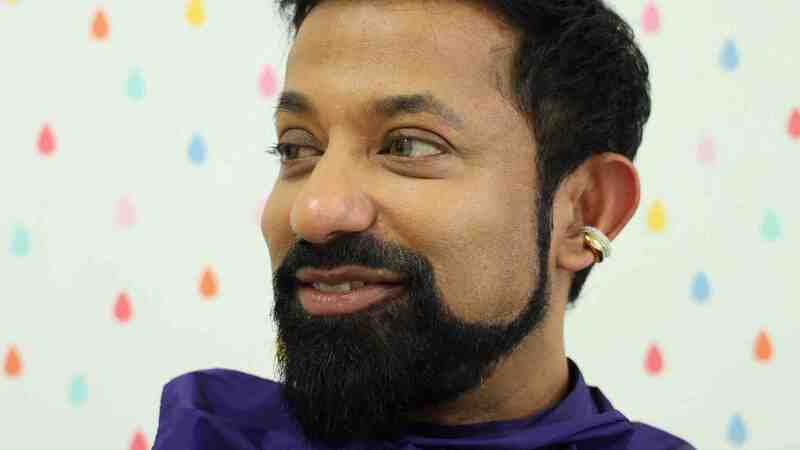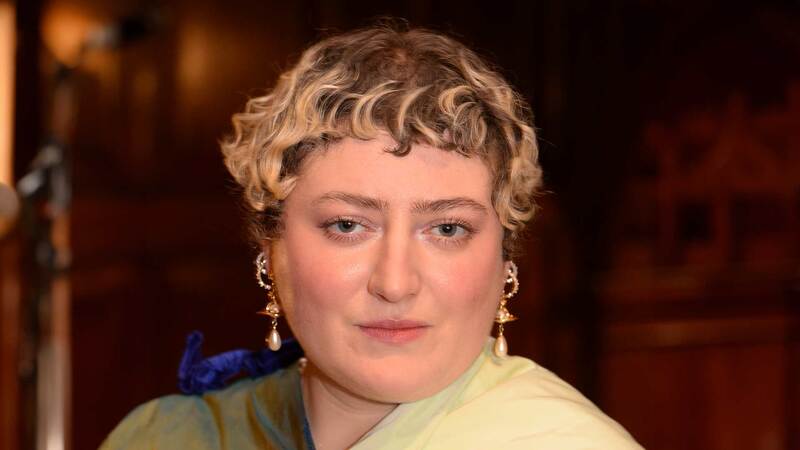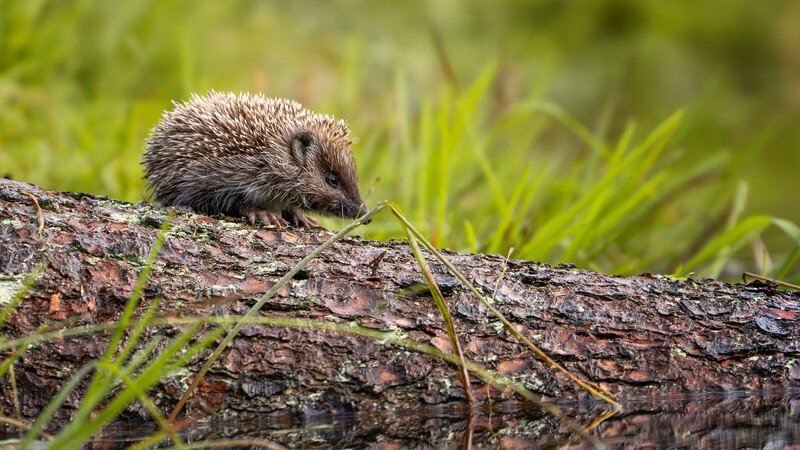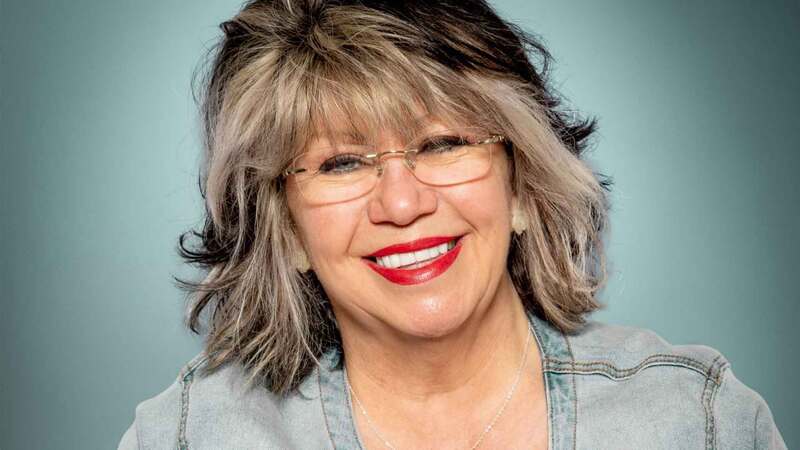You are viewing your 1 free article this month. Login to read more articles.
Roald and the IP factory
Inventive TV, film and theatre adaptations of Roald Dahl’s works are rife - and this is just the beginning.
Though Roald Dahl died in 1990, he remains a dominant cultural presence. His books have been translated into 63 languages and have sold more than 300 million copies worldwide. His work is a staple of most children’s journeys as readers and his brand of delicious, at times even gleefully nasty yet child-centred fiction remains as popular today as ever.
This month a film version of Matilda – Dahl’s beloved 1988 book about a precocious girl with a deep love of reading – will be released in the UK cinemas ahead of a December release on Netflix. The movie is directed by Matthew Warchus – the artistic director of Old Vic – who also helmed the 2010 stage musical on which the film is based. The show, first staged by the Royal Shakespeare Company, featured typically witty lyrics by Tim Minchin and a book by the playwright and screenwriter David Kelly and Bertie Carvel as the child-terrorising headmistress Miss Trunchbull, who likes nothing better than flinging kids around by their pigtails, on stage. Lyn Gardner called it an “anarchically joyous, gleefully nasty and ingenious musical adaptation” in her five-star review in the Guardian. More than 10 years later, it remains a West End fixture.
The Matilda movie is not the only example of Dahl’s fertile murky and subversive imagining coming our way this autumn. Leeds Playhouse will be staging a new version of the musical-based Charlie and the Chocolate Factory. Premiering in 2013, the original co-production between Warner Bros Theatre Ventures and Neal Street Productions ran in the West End for four years and transferred to Broadway. Leeds Playhouse clearly hopes David Greig’s adaptation of the story of a young boy who finds a much sought-after golden ticket granting him entrance to Willy Wonka’s chocolate factory, will provide them with a seasonal hit and a 2023 UK tour has already been announced. James Brining, artistic director of Leeds Playhouse, is the latest director who will have to figure out how to tackle the Oompa-Loompas on stage, while the actor Gareth Snook will play the eccentric chocolate factory owner (played so memorably and meme-ably on screen by Gene Wilder in the 1970s’ movie).
Last year it was announced that Netflix had acquired the rights to the Roald Dahl Story Company, meaning this process of continual adaptation and reimaging is not likely to slow down anytime soon, if anything it’s likely to accelerate.
It’s not difficult to see why Dahl remains so popular. He excelled at evoking children’s fears and hopes. He did not shy away from nastiness nor talk down to his readers. Most of Dahl’s back catalogue – including The BFG, Danny the Champion of the World and James and the Giant Peach – has been staged over the years, some titles multiple times. Irish playwright Enda Walsh had a crack at the grotesque double-act of The Twits at the Royal Court in 2015 while "The League of Gentlemen"’s Jeremy Dyson transformed five of Dahl’s more adult-orientated Tales of the Unexpected stories – including the macabre The Man From the South – into the anthology show "Twisted Tales" for the Lyric Hammersmith in 2011.
The Roald Dahl Story Company licenses Dahl’s work to organisations wishing to adapt his stories, or as they put it, “protect and grow the cultural value of Roald Dahl’s work.” In 2018 it branched out into theatre, taking a more active role in developing stage adaptations and seeking out co-producing partnerships. Earlier this year, for example, the company co-produced a version of The Wonderful Story of Henry Sugar at Perth Theatre in Scotland. Part of a collection of stories aimed at slightly older readers, Henry Sugar is not one of the writer’s best-known works. At Perth Theatre, this tale of a wealthy gambler who sets out to acquire the ability to see through playing cards, received what The Stage described as a “smart, thoughtful” adaptation by playwright Rob Drummond.
Last year it was announced that Netflix had acquired the rights to the Roald Dahl Story Company, meaning this process of continual adaptation and reimaging is not likely to slow down anytime soon, if anything it’s likely to accelerate.
Forthcoming adaptations, in addition to the Matilda movie, include a series based on Charlie and the Chocolate Factory from Taika Waititi and another version of Henry Sugar starring Benedict Cumberbatch in the title role and set to be directed by Wes Anderson, who has form when it comes to Dahl, with his charming, animated version of Fantastic Mr Fox in which the titular character was voiced by George Clooney.
When it made the deal, Netflix promised a whole raft of animated and live action films and TV series as well as theatre productions and "immersive experiences" based on Dahl’s imaginings. This feels in keeping with the current appetite for fictional megaverse-building, though it’s also hard not to think of all this expansion in relation to Wonka, the ultra-capitalist in the top hat, with Dahl’s work being cranked out and repackaged, like a sort of everlasting IP gobstopper.
